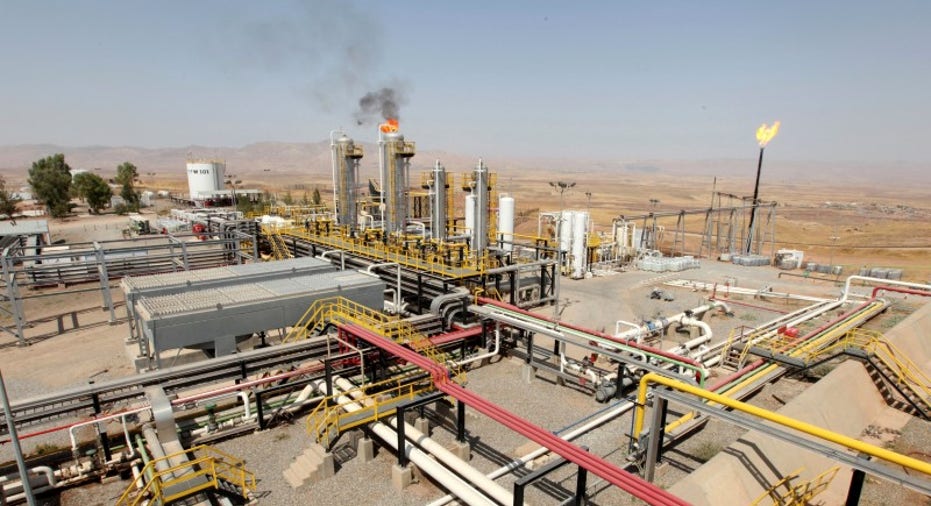BASF Looks to Invest in Iran's Recently Opened Energy Sector

LUDWIGSHAFEN, Germany -- BASF SE is exploring options for tapping Iran's recently opened energy market, making it the latest in a long line of German firms looking to expand into the Islamic Republic.
Chief Executive Kurt Bock said Friday that the company -- through its fully-owned oil and gas subsidiary Wintershall AG -- is currently examining business opportunities in Iran after being courted by Iranian authorities.
"We are trying to see whether there is an opportunity in the oil and gas business in Iran to gain a foot hold there," Mr. Bock said. "We were invited by the national authorities and we will take a look at it."
BASF would be one of dozens of German firms, including Siemens AG, to attempt new business ventures in Iran -- particularly in the energy and infrastructure sectors -- since international sanctions were lifted last year as part of a nuclear agreement agreed between Iran and major world powers.
Mr. Bock also said BASF is counting on higher oil and gas prices to help boost growth this year after two years in which the company has been strangled by low prices.
His comments came at the company's annual earnings conference, where the company outlined a cautious guidance for the full year, while reporting net profit more than doubled in the fourth quarter.
Net profit for the quarter ended Dec. 31 was 689 million euros ($728.84 million), compared with EUR339 million during the same period a year earlier. It beat analysts' forecasts of EUR624 million, according to a poll by The Wall Street Journal.
Profitability was up year-over-year due to impairment charges of roughly EUR600 million at the oil-and-gas unit that weighed on net profit during the fourth quarter of 2015, as well as stronger growth at the chemicals businesses.
For 2017, the world's largest chemicals company said it expects "considerable" sales growth of at least 6%, compared with EUR57.55 billion last year. It also forecasts a "slight" increase of between 1% and 10% in earnings before interest, taxes and before special items, up from EUR6.31 billion in 2016.
Mr. Bock said the company's earnings outlook was predicated on "considerably higher contributions" from the oil-and-gas unit.
BASF said earnings growth at the division should be driven by higher prices for oil and gas in the current year and a bigger contribution from its 35% stake in Siberian natural gas field Yuzhno Russkoye.
The company estimates the average price of the global benchmark Brent crude oil will be $55 a barrel for this year, compared with an average of $44 a barrel the year before.



















